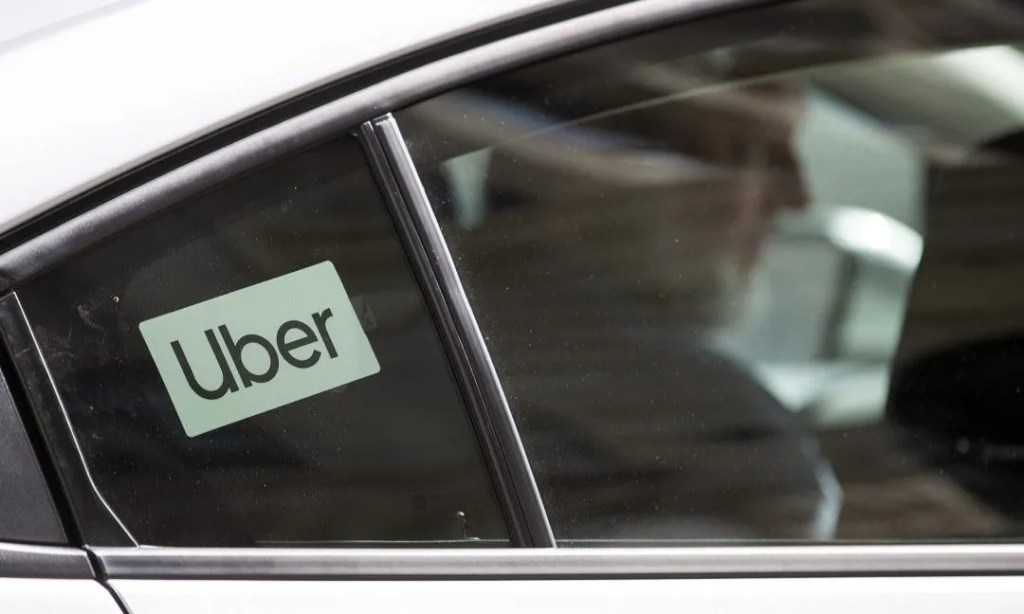‘Employees with no benefits’: Call to regulate SA gig economy workers
A state parliament inquiry into the gig economy has been urged to set up an independent regulator to enforce minimum standards for rideshare and on-demand delivery workers.

Transport Workers Union (TWU) SA branch organiser Sam McIntosh told parliament’s Select Committee on the Gig Economy that a state-level body is needed to protect rights for drivers working for online rideshare and food delivery apps such as Uber, Menulog and DoorDash.
McIntosh said the new body should be given powers to set minimum employment standards and conditions for gig economy workers as well as enforce rights to collectively bargain, run disputes over “unfair contracts” and have recourse for termination.
“What we are calling for is what the TWU would term a ‘safe rates system’ of regulation,” McIntosh told the committee on Monday.
“That is an independent body that is established and given the power to set minimum standards and conditions for participants in that economy, regardless of employment status or classification of workers.
“The jurisdiction of this standard-setting body should extend beyond the gig economy to address further sectors of the transport industry in order to take the market approach that is required.”
McIntosh said the new regulator could sit within the South Australian Employment Tribunal or be an entirely new agency.
“We can’t tolerate the standards in the gig economy and gig transport as they exist at the moment,” he said.
You might like
“We have the opportunity and we must take the wheel here and lead to make sure that our community is safe in the work that they’re doing, but also that the transport market more broadly and the transport industry is sustainable going forward.”
The push comes as the Albanese Government prepares to introduce new laws in the second-half of this year which would allow the Fair Work Commission to set minimum standards for independent contractors and gig economy workers.
Last year, the TWU signed an agreement with Uber which stated that the two parties would support the federal government legislating “minimum and transparent enforceable earnings and benefits/conditions for platform workers”.
The agreement also included a commitment to establishing an “efficient mechanism” to resolve disputes between workers and the company, including issues such as unfair dismissal.
The TWU has long been campaigning to strengthen dismissal protections for gig economy workers and has previously highlighted cases where a driver has been sacked for running late by having access to their rideshare app deactivated.
McIntosh said this was the most common complaint of TWU members working in the gig economy.
“Getting an outcome is difficult… there’s no formal recourse to (dismissal),” he said.
“If that happened to a union member who is an employee, we would have a very clear process that we would follow to get a remedy.
Stay informed, daily
“We don’t have anything here.”
A survey of more than 1000 gig economy workers released by the McKell Institute earlier this year found 29 per cent have experienced having their app deactivated.
The survey also found 45 per cent of the surveyed workers earned less than minimum wage ($812.60 a week) after costs.
Of those working more than 40 hours a week, 66 per cent reported earning less than minimum wage, the survey found.
TWU member Simerdeep Gupta, who said he drives for Uber Eats, Door Dash and MenuLog, told the committee he earns “$700 to $800” a week after expenses and works “10 to 12 hours a day”.
“We are being paraded as the.. independent contractors, but actually we are the employees with no benefits,” he said.
“We do not have any sick leave, we do not have any holidays, no insurance, nothing to protect us.”
Gupta said most rideshare and food delivery drivers are doing it on a part-time basis, meaning their advocacy is less coordinated.
“So, people who are doing full time like me, they are suffering a lot,” he said.
“All the apps are doing the same things in a different style, but at the end of the day even after working with three apps, I am not going to earn the minimum pay.”
The Legislative Council’s Select Committee on the Gig Economy was established by Labor MLC Irene Pnevmatikos in February with the support of the Opposition, Greens and SA-Best.
It is accepting submissions until Friday, May 12 and is due to file a report with recommendations on June 28.








